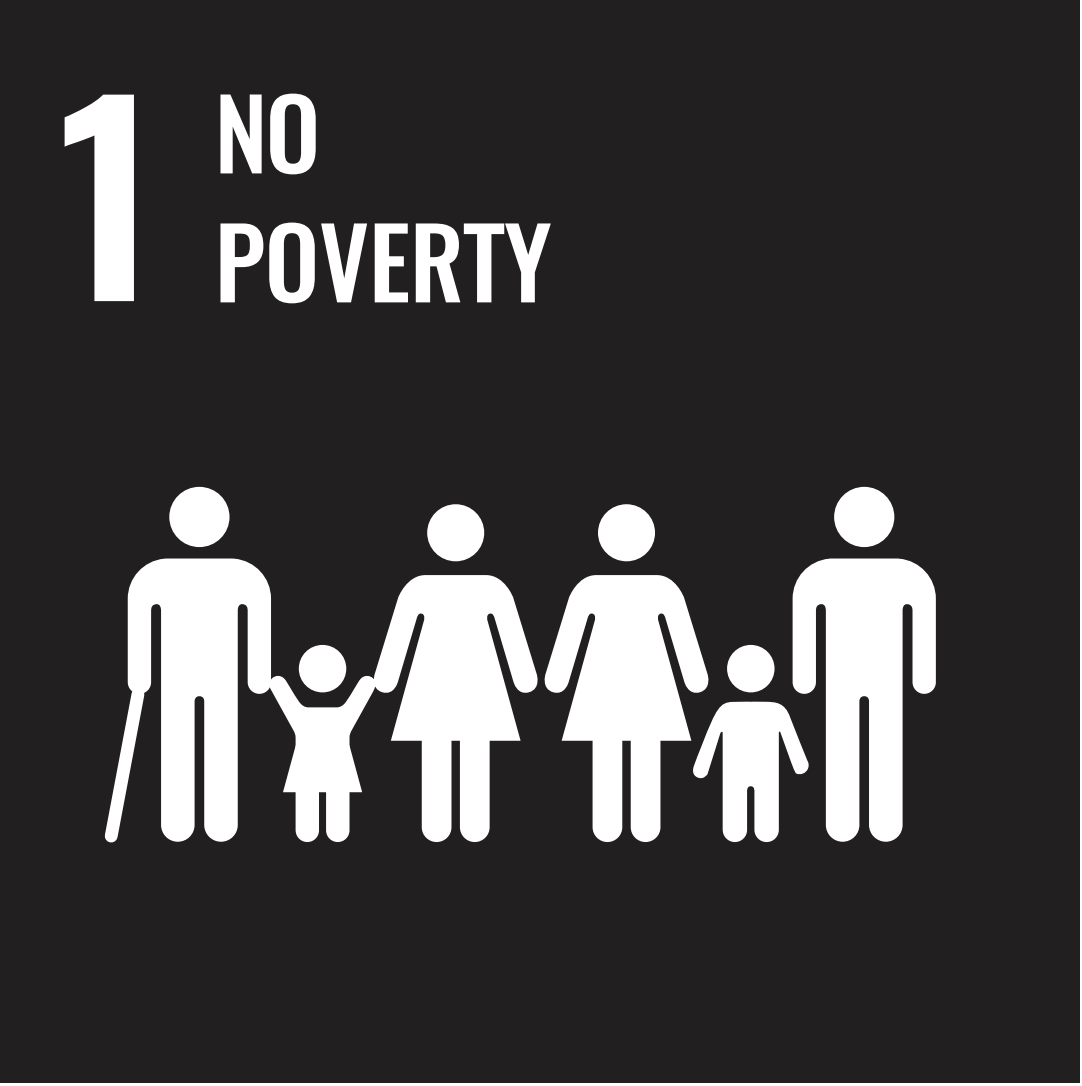Livelihoods Project
Ouarzazate, Morocco
10,092 verified W+ Units available exclusively from Empower Co.
Since 2013, this project has worked to improve women’s livelihoods and economic opportunities in the Ouarzazate region. The women of Ouarzazate have been weavers and textile artisans for hundreds of years, passing their expertise from the fingers of one generation to the next. But as the region grows more arid leading to lower wool yields, families have had to adapt.
The project offers women trainings in climate-resilient agriculture and livestock management through its agriculture cooperative, as well as practical skills training through its handicraft cooperative. Both of these have significantly increased women’s household income and assets.
Project Activities
Agricultural Cooperative
Women in the agricultural cooperative received training and resources for drought-tolerate farming and climate-resilient livestock management. They were introduced to a more prolific breed of sheep, the d’man, which increased the number of livestock per household, as well as the market value of each animal.
Women reported that trainings gave them more confidence to share their expertise within their homes and communities.
Handicraft Cooperative
The handicraft cooperative gives women practical skills training in sewing and weaving. Women have used these skills to start home-based sewing businesses, offering tailoring and crafting new garments. Many participants were young women, who gained valuable skills and increased their lifelong income potential.
Knowledge and Education
183% increase in livestock expertise
228% increase in handicraft expertise
Income and Assets
67% increase in income and assets
Sustainable Development Goals
Research shows that more cash in the hands of women contributes not only to eliminating poverty, but also to better education, nutrition, and health outcomes for children and other members of the household.
This project is advancing gender equality (SDG-5), and by enabling women to earn higher incomes for their households, it is decreasing poverty (SDG-1) and hunger (SDG-2), and increasing lifelong learning opportunities for women (SDG-4).







